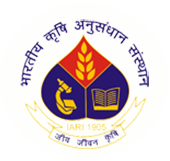Introducing a Refreshed ICAR‑IARI website
A secure, mobile-first layout to help you find resources faster
We’ve streamlined navigation, improved accessibility, and strengthened security so you can browse advisories,
publications, and tools with confidence.

